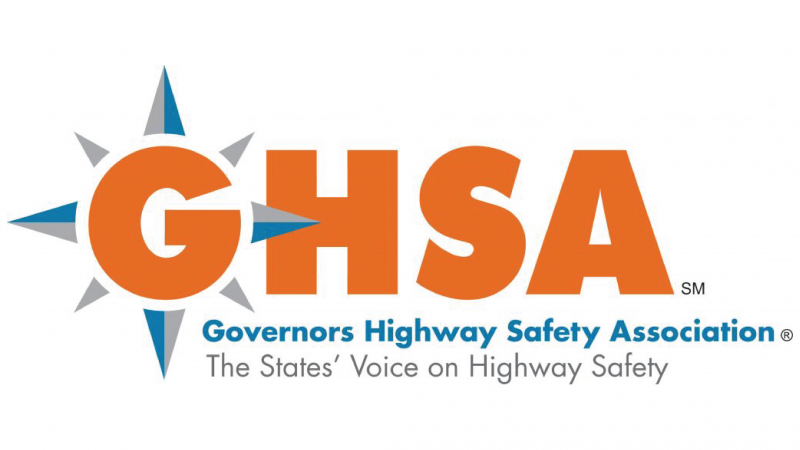Nationwide School Bus Recall Could Impact Alabama Buses
The National Highway Traffic Safety Administration has announced a recall that affects more than 50,000 school buses nationwide. Certain models of Thomas Built buses are being recalled for not having enough padding in the back of the seat. The organization says this could increase the risk of injury in the event of a crash. One […]
